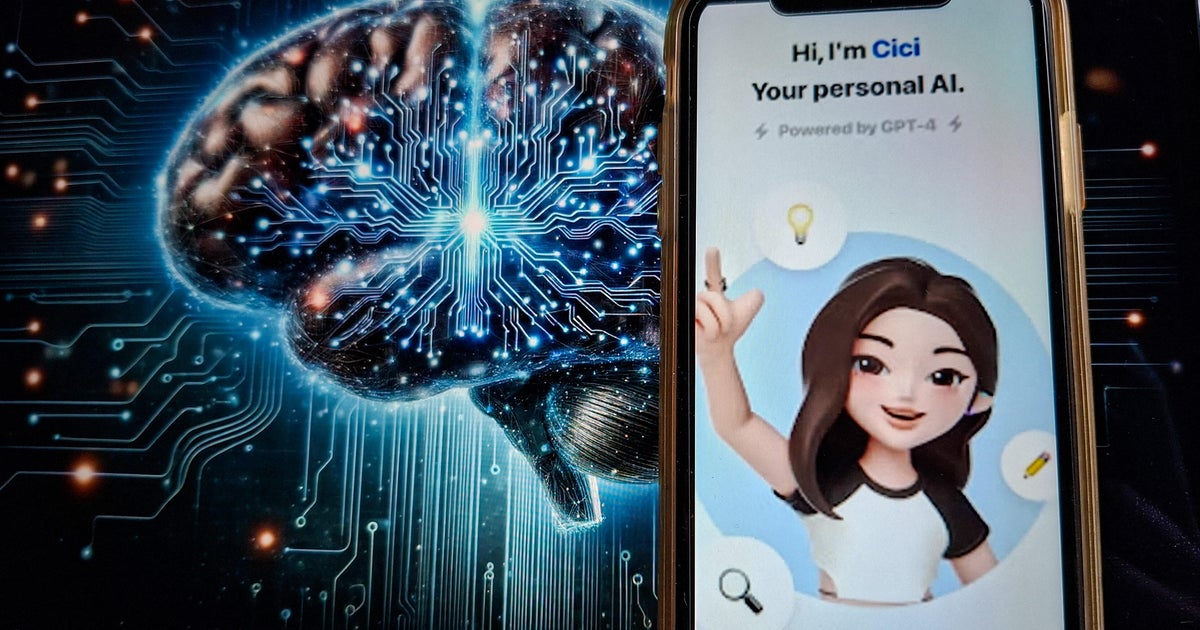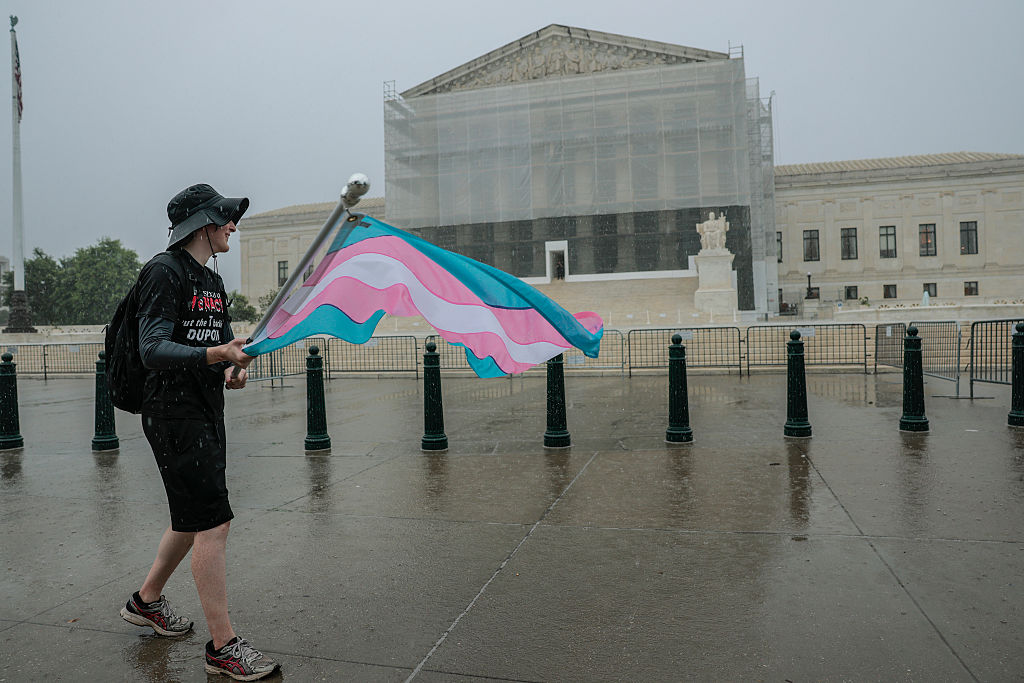Should you trust an app for mental health help?
Apps that promise mental health counseling, therapy or even just an empathetic ear are on the rise. But how do you know if they might work for you?
One recent survey of studies and other information from the University of Bolton in the U.K. "shows the promising and emerging efficacy of using mobile apps and SMS text messaging" as mobile health interventions, according to the abstract.
The National Institute of Mental Health notes on its website that thousands of mental health apps are available. In some circumstances, they can be simple and effective, with advantages including lower cost and an introduction to different kinds care, according to the NIMH.
But "there are no review boards, checklists, or widely accepted rules for choosing a mental health app," NIMH points out. Most apps aren't peer-reviewed, and it's unlikely each "will go through a randomized, controlled research trial to test effectiveness."
One aspect attracting consumers: Mobile health companies such as American Well, BetterHelp and 7 Cups of Tea often charge less than traditional in-person sessions with psychologists, though insurance is less likely to cover them, according to the American Psychological Association.
A 2016 National Alliance on Mental Illness survey found 80 percent of respondents were more likely to have difficulty finding a therapist who would accept their insurance compared with other types of specialty medical care. That may make apps that promise low-cost plans, such as $79 a session or $150 a month, attractive to investigate.
The potential market is considerable. Globally, behavioral health care as a whole was valued at $75.4 billion in 2016 and is projected to rise to $88.1 billion in 2022, according to researcher Frost & Sullivan. It defines the market to include drugs, neuromodulation devices, mobile health, smartphone apps, wearables, telehealth, virtual reality and behavioral health. About 18 percent of health care apps targeted depression in 2015, Frost & Sullivan said.
Since 2013, tech companies working on mental health and wellness have attracted $625 million in venture capital funding, according to research firm CB Insights. At the current rate, funding for private mental health companies is expected to reach a record $237 million this year.
Just how you use such tools and under what circumstances are important, said Dr. Lynn Bufka, associate executive director for practice research and policy the American Psychological Association.
Whether an app describes itself as providing therapy as a professional medical service is a top concern for professionals, Bufka said. That's partly because psychotherapists, who must be licensed in the state where they practice, are providing health care just like a doctor's visit for any other condition.
"As a psychologist, I want to do a pretty thorough diagnostic evaluation prior to beginning psychotherapy with somebody," she said. "Personally, I would find that pretty difficult to do via an app because you're asking people to talk about things that are very difficult or challenging to do during an assessment."
Choosing an app depends on what you need. Given the lack of standards, the NIMH recommends talking to a health care provider you trust before paying for a service. Providers may have experience with how well an app works. Another tip: See what the app recommends if symptoms worsen or if there's a psychiatric emergency.
How the app describes its purpose is also important, APA's Bufka said.
"Are we talking about health care for a health condition? Or are we talking about support during a time of reasonable transition that many people might go through?" she asked.
For instance, if you're moving to a new city and are coping with issues of loneliness, an app that grapples with that topic might be useful. But if you have a more serious condition, like clinical depression, an app is "probably not going to be sufficient," she said.
Depression is a generally a long-term disorder with ongoing consequences, more serious than feelings most people experience during typical life events. Many apps or online-only services are "pretty careful to describe what they're doing is not psychotherapy, but as a way of connecting or talking to somebody," Bufka said.
Clues to what someone needs might be relayed through nonverbal communication like voice tone or expression. That can be missed when using text messages or an app alone, Bufka said. Potential users should look for the fine print to see what an app provides and with whom.
Once a relationship between a therapist and patient is formed, though, technology can help, Bufka said. Use of videoconferencing, email or texting can help bolster existing therapy, Bufka said.
"People who provide psychotherapy would be concerned about the idea of quick messages via a platform where the people are relatively anonymous and whether that's construed as therapy or not," she said.
The NIMH provides resources on where to learn more.



